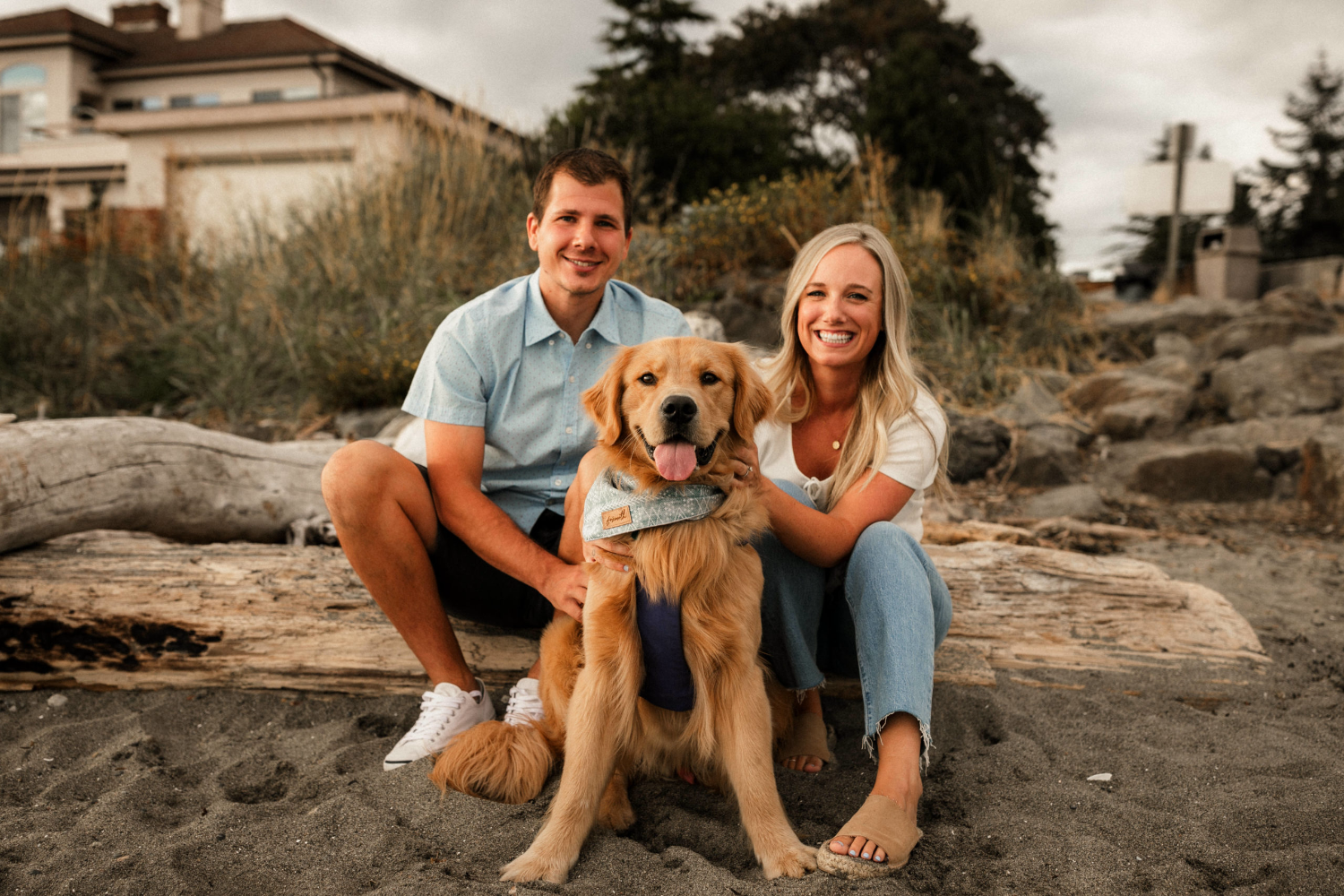Rise of the DINKWADS
The DINKWAD (Dual Income, No Kids, With a Dog) represents a rapidly growing demographic of affluent dog-owning couples with a $259 billion annual budget to spend on hospitality and travel, who are reshaping the hotel industry.

The DINKWAD (Dual Income, No Kids, With a Dog) represents a growing demographic of affluent couples who have chosen not to have children but instead focus their time, resources, and affection on their dogs. This group, primarily comprised of Millennials and Gen Xers, own more dogs than any previous generation, have a $259 billion annual budget that is expected to grow to $427 billion by 2030, and is beginning to reshape the hotel industry.
DINKWADs bring unique values to their consumer habits, especially when it comes to travel. Their dual-income status means they have substantial disposable income and prefer to spend on quality dog-friendly hospitality experiences.
Unlike previous generations, many prefer to travel with their dogs, seeing them as family members. The hotel industry is reacting to this shift by providing more canine-inclusive services, from dog-friendly rooms and gourmet dog menus to specialized dog parks on hotel properties. For DINKWADs, a hotel that caters to their dog’s comfort is just as important as one that caters to their own needs, and they can tell the difference between pet-friendly and dog-friendly.
Research indicates that DINKWADs are becoming increasingly disillusioned with the words “pet-friendly” and associate the words with hotels that charge steep ‘cleaning fees’ while offering no dog-friendly services or amenities in return.
DINKWADs find the term “pet parent” patronizing and prefer to think of themselves as dog owners or dog guardians.
For hotel operators, DINKWADs represent a challenge. They tend to be cynical about pet-friendly marketing and value genuinely dog-friendly hospitality and inclusivity. In the face of these shifting expectations, hotels are increasingly moving away from pet-friendly language and towards dog-friendly.
By offering premium dog-friendly services, hotels hope to attract and retain this lucrative demographic. The emotional bond between DINKWADs and their dogs often drives their purchasing decisions. As the DINKWAD demographic continues to grow, hotels that emphasize canine inclusivity and cater to the dog-friendly lifestyle preferences of these consumers will thrive in the evolving market.
DINKWADs are also driving more fundamental changes in the hotel industry; in 2024, we saw the launch of the world’s first certification process for dog-friendly hotels and the launch of the world's first Dog-Friendly Hotel Association.
Both initiatives are driven by the rapidly rising demand for dog-friendly travel accommodations and are clear indicators of the evolving landscape of pet-friendly hospitality. They point towards a deeper shift towards catering specifically to dog owners rather than using "pet-friendly" as a generic term, reflecting dog-centric consumers' growing influence on the hotel and the wider hospitality industry.
DINKWADs represent a powerful and growing market segment that the hotel industry can no longer ignore. Their substantial disposable income and desire for premium, dog-friendly experiences make them a lucrative demographic for long-term growth. As Millennials and Gen Xers increasingly prioritize traveling with their dogs, our cultural concept of dog-friendly hospitality is evolving.
Hotels that genuinely embrace the dog-friendly concept—not just as a marketing label but as a core offering—will be better positioned to capture the loyalty of these discerning travelers. By investing in dog-friendly amenities and moving away from the outdated “pet-friendly” label, hotels can remain relevant and competitive in the face of shifting consumer expectations and historic levels of dog ownership.
Catering to DINKWADs isn’t just a trend; it’s a strategy for sustained success in a rapidly changing and highly competitive hotel and hospitality landscape.


